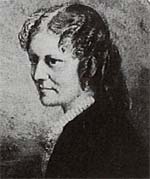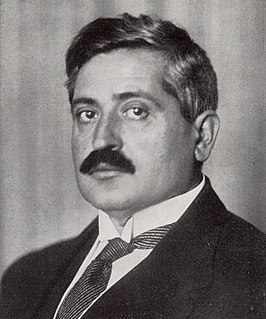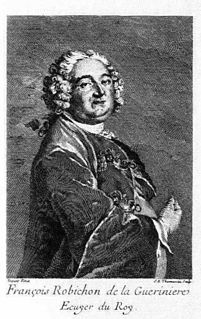A Quote by Victor Hugo
True or false, that which is said of men often occupies as important a place in their lives, and above all in their destinies, as that which they do.
Related Quotes
When young men or women are beginning life, the most important period, it is often said, is that in which their habits are formed. That is a very important period. But the period in which the ideals of the young are formed and adopted is more important still. For the ideal with which you go forward to measure things determines the nature, so far as you are concerned, of everything you meet.
Nietzsche ... argues that all that passes in the life of a society is ephemeral and banausic except for the presence of great personalities, of men like Goethe ... who seem to forge their own destinies, who seem to move unhampered by those burdens of existence which keep most men from rising above the vicissitudes of their daily toil.
It is part of the moral tragedy with which we are dealing that words like 'democracy,' 'freedom,' 'rights,' 'justice,' which have so often inspired heroism and have led men to give their lives for things which make life worthwhile, can also become a trap, the means of destroying the very things men desire to uphold.
When some people rejoin with “All Lives Matter” they misunderstand the problem, but not because their message is untrue. It is true that all lives matter, but it is equally true that not all lives are understood to matter which is precisely why it is most important to name the lives that have not mattered, and are struggling to matter in the way they deserve.
Even mistaken hypotheses and theories are of use in leading to discoveries. This remark is true in all the sciences. The alchemists founded chemistry by pursuing chimerical problems and theories which are false. In physical science, which is more advanced than biology, we might still cite men of science who make great discoveries by relying on false theories.
Horsemanship is the one art for which it seems one needs only practice. However, practice without true principles is nothing other than routine, the fruit of which is a strained and unsure execution, a false diamond which dazzles semi-connoisseurs often more impressed by the accomplishments of the horse than the merit of the horseman.





































